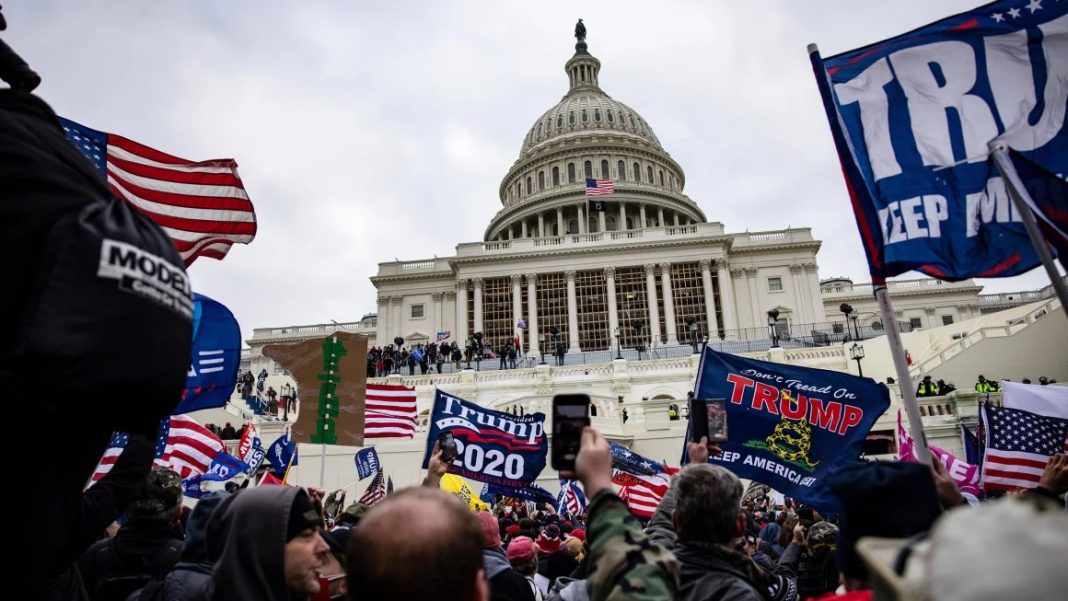WASHINGTON, D.C., USA — President-elect Donald Trump’s imminent return to power has thrown the sprawling federal investigation into the January 6, 2021, Capitol attack into disarray.
With over 1,570 arrests made since the riot, the largest criminal probe in U.S. history is facing significant disruptions, including halted plea deals, shifted investigative priorities, and sagging morale within the US Department of Justice (DOJ).
The investigation, which has methodically pursued rioters over four years, is now grappling with the political reality of Trump’s campaign promise to issue pardons to Capitol rioters.
This pledge has emboldened defendants, frozen plea negotiations, and refocused DOJ resources on higher-priority felony cases.
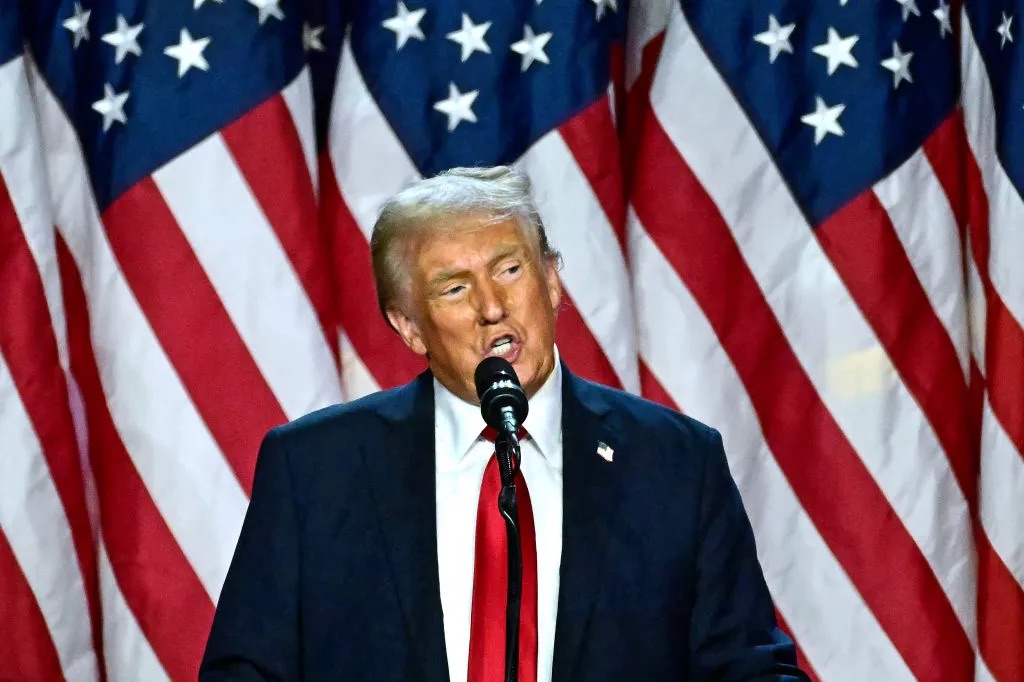
Frozen Plea Negotiations
More than 1,250 rioters have already been adjudicated, with 80% securing plea deals.
However, the roughly 300 unresolved cases have seen plea discussions grind to a halt as defendants opt to delay proceedings in hopes of a Trump pardon.
“Why would any defense attorney plead their client out right now?” a federal law enforcement official told CNN.
Many lawyers are now focused on positioning their clients for inclusion on Trump’s anticipated pardon list, rather than negotiating with prosecutors.
Defendants have even invoked Trump’s pardon promise during court proceedings, complicating efforts to resolve cases.
“Rioters are excited by the election results,” one defense attorney said, further delaying justice for one of the most consequential attacks on American democracy.
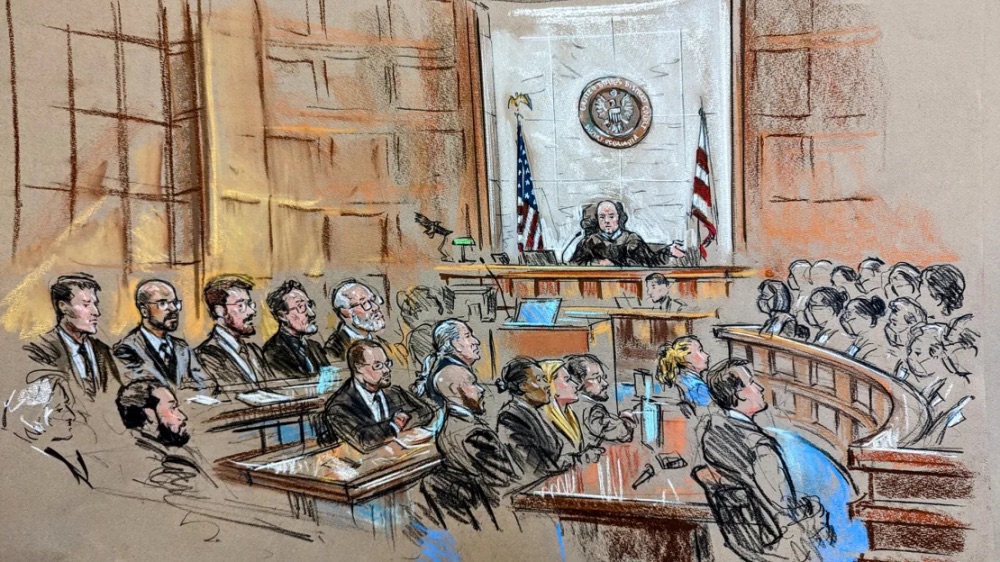
Prioritising Felony Cases
In light of Trump’s impending presidency, the FBI has reprioritised its resources to focus on suspects accused of violent felonies, particularly those who attacked law enforcement officers.
Lower-level trespassing cases, once a significant portion of the DOJ’s efforts, are now likely to remain uncharged.
This strategic shift reflects a pragmatic decision to conserve resources and avoid pursuing cases that may be nullified by presidential pardons.
Former FBI Deputy Director Andrew McCabe noted, “It’s not about stopping the work—it’s about prioritising cases that have the most impact.”
Recent arrests include individuals accused of violent actions during the riot, such as a man who attempted to stab police officers with a flagpole and another who smashed Capitol windows.
These cases underscore the DOJ’s renewed focus on violent offenders as it navigates an uncertain future under Trump’s leadership.
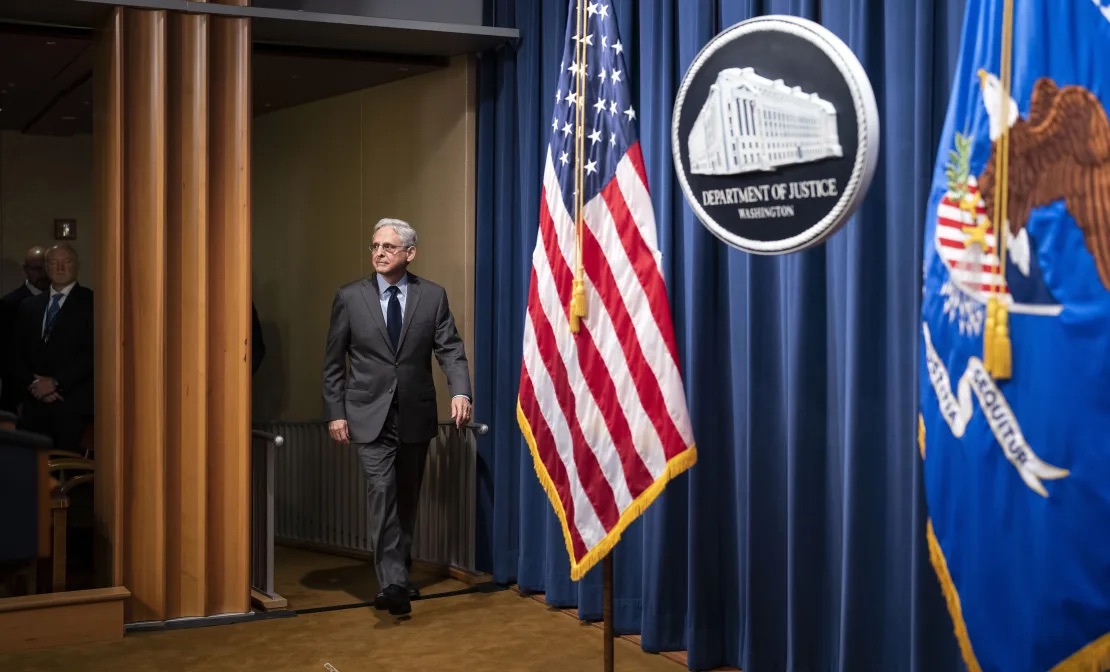
Disrupted Morale
The prospect of Trump negating years of investigative work has hit morale among federal agents and prosecutors.
Attorney General Merrick Garland recently lauded their dedication in what he called “one of the most complex and resource-intensive investigations” in U.S. history.
Yet, for those who have poured years into the effort, Trump’s impending pardons threaten to erase their achievements.
“Agents and prosecutors are never going to get rich or famous—it’s about doing justice day-to-day,” McCabe said.
With pardons looming, some feel their efforts may ultimately be undermined. However, DOJ insiders remain resolute.
“Morale took a hit, but it’s not like we’re going to stop,” one official said.
“In a marathon, you get a cramp. That happens. But that doesn’t mean you quit the race.”
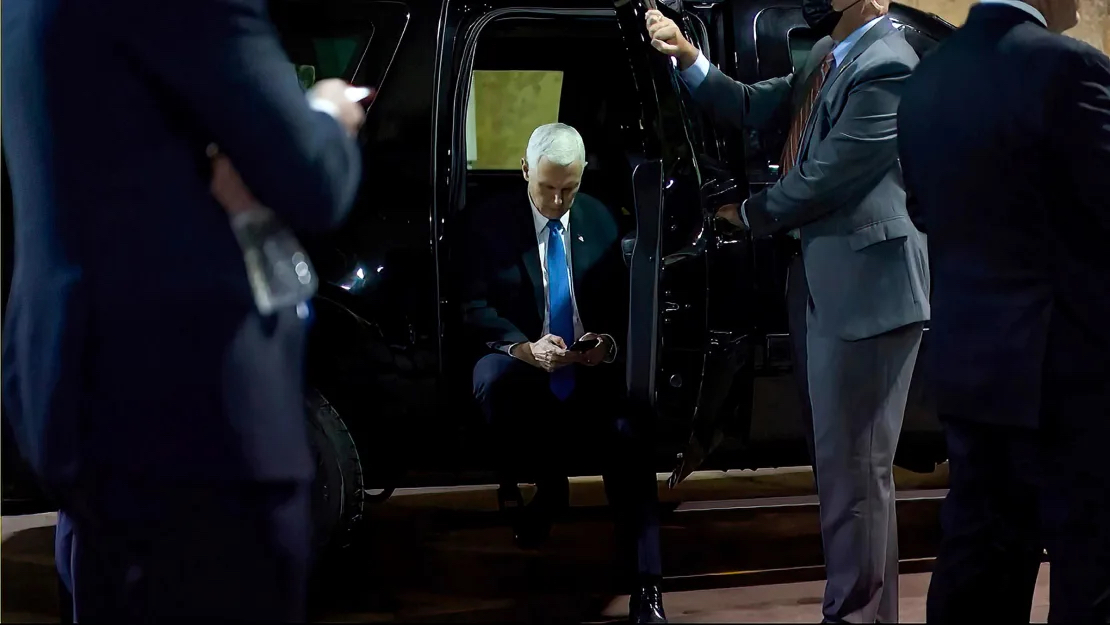
The Road Ahead
Trump has not clarified whether he plans to shut down the investigation entirely, a move that legal experts say would test the boundaries of presidential authority.
While his ability to pardon is clear, dismantling an ongoing investigation could provoke significant political and legal backlash.
The January 6 probe has been a defining chapter in the DOJ’s modern history, and its outcomes will likely serve as a litmus test for the resilience of American democratic institutions.
With Trump’s return on the horizon, federal officials are bracing for a complex and uncertain period in their pursuit of justice.

